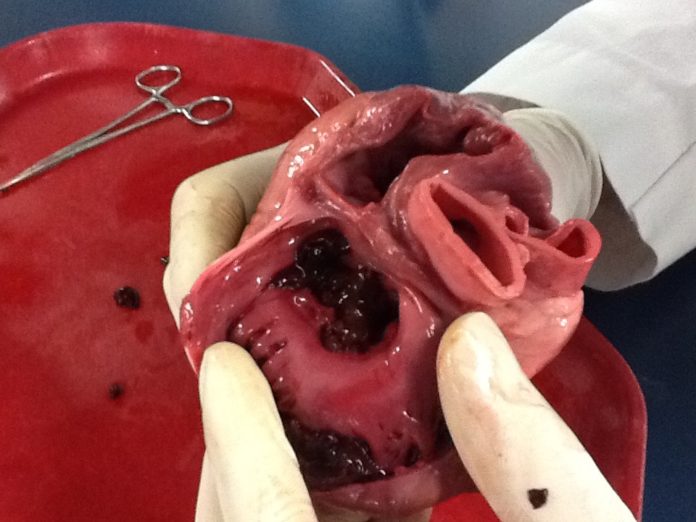Israeli Researchers have reported that small vesicles released by the heart during its healing process have the property to encourage tumour growth
New Delhi: A physiological mechanism that helps the heart heal from damage, may promote the growth of cancer cells in other parts of the body. In a study published in the journal Circulation, researchers from Tel Aviv University (TAU) and the Leviev Cardiothoracic and Vascular Center at the Sheba Medical Center have reported this phenomenon.
They reported that small extracellular bubbles, or vesicles (sEVs) that are released during the process of healing of the heart after it has suffered an episode of myocardial infarction or heart failure contain some factors that promote the growth of tumours. The study was funded by the Israel Cancer Association and the Israel Science Foundation.
Tal Caller, a medical and research student at Tel Aviv University’s School of Medicine and one of the authors of the study explains: “ “In 2013, the Israeli cardiologist Tal Hasin showed for the first time that there is a connection between heart failure and cancer. Patients with heart disease are at a higher risk of developing cancer, and since heart disease is already a leading cause of death–first place in the US and second place in Israel – that means that many people are at risk. Our research revealed that the diseased heart secrete a cancer-promoting factors, which we identified as small extracellular vesicles (sEVs). These are tiny particles wrapped in a simple membrane, which all cells secrete, but because of heart damage, these vesicles are released in greater quantities and contain factors related to inflammation, healing, growth, creation of new blood vessels, and changes in the immune system. These vesicles move through the circulatory system and eventually reach the tumor or the pre-cancerous tissue.”
To test their hypothesis, the researchers at TAU inhibited the formation of sEVs in animal models with heart disease and found that the risk of cancer decreases along with the inhibition of vesicle production. However, this is not a viable therapeutic option since inhibiting the production of the vesicles causes severe undesired side effects.
Lead author Prof. Jonathan Leor said: “Many theories have been proposed to explain the increased risk of cancer in heart patients. They started with shared risk factors such as smoking, diabetes, and obesity and ended with a single protein or molecule. We showed for the first time that the diseased heart secretes sEVs that contain thousands of different growth factors. These bubbles directly promote the growth of certain tumors and also modulate the immune system, making the body more vulnerable to tumor growth.”


